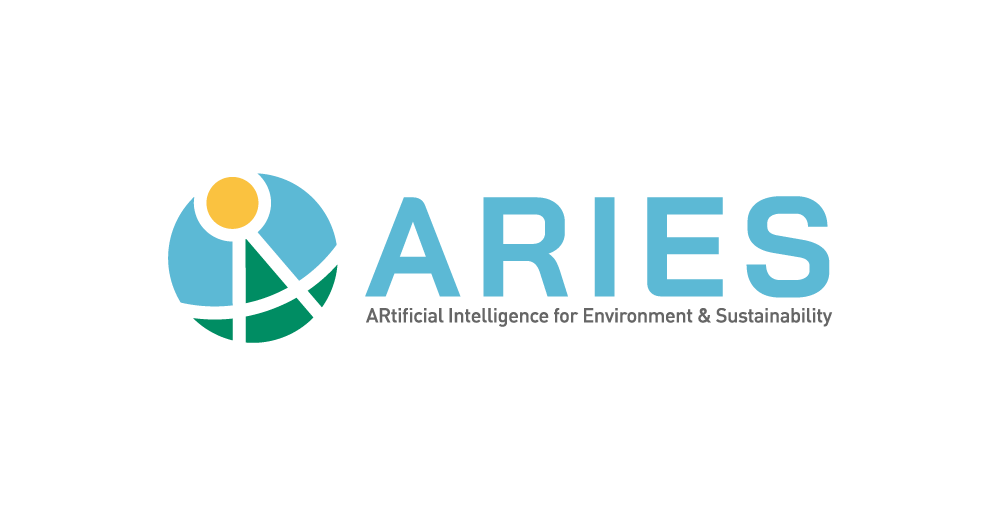Policy support tool
ARtificial Intelligence for Environment & Sustainability (ARIES)

ARIES modelling platform, begun in 2007 by a coalition of university, NGO, and governmental researchers, aims to address several scientific and modelling challenges in ecosystem services research and application. ARIES is an open-source technology capable of selecting and running models to quantify and map all aspects of ecosystem service provision, including biophysical generation, flow and extraction by sinks and beneficiaries. This web-based technology is capable of addressing a broad range of physical, social and economic contexts, providing access to a library of sustainability models and spatial datasets at multiple scales ranging from global to local.
ARIES contains artificially-intelligent decision making rules that enable the modelling framework to add or remove components in the appropriate circumstances, enabling accurate results to be accessible to users without extensive skills or training. ARIES uses Bayesian network modelling and Monte Carlo simulation to supply the end-user with uncertainty estimates accompanying the primary model outputs, but at its core is a multi-paradigm modelling tool, supporting the linkage of data-driven and traditional deductive modelling approaches. By enabling advanced users to semantically encode their own data and models, ARIES offers an improved way to reuse and connect diverse data sources, enabling sustainability modelling as a field to advance in a more collaborative way.
At present, the models contained within the ARIES framework include those tailored to existing case-study locations, as well as a growing suite of globally applicable models. Thus, considerable expertise is required to develop and customize new ARIES models, and globally applicable models are much more widely accessible. As the number and flexibility of these global models improves, ARIES will increasingly be able to provide both low-cost first estimates of sustainability values in data-deficient regions of the world, as well as highly accurate estimates in better understood regions. Furthermore, ARIES plans further integration of agent-based models and existing ecological process models in future releases of the system, including feedbacks and so allowing complex relationships to be better described. As such, ARIES is well suited for scenario assessment for future climate and land use/cover conditions, and may be useful in the prediction of tipping points.
The implementation time depends on the degree of model customization desired and the complexity of the analysis (spatiotemporal extent and resolution, use of scenarios, etc.). For baseline assessments using pre-existing Tier 1 models at low to moderate spatiotemporal resolution or small extents, assessments could be completed in one day. To develop apply, test, and calibrate new, complex models in participatory fashion could take as much as a year or more, depending on the level of complexity.
ARtificial Intelligence for Environment & Sustainability (ARIES) aims to make sustainability assessment faster, more credible, and user-friendly by serving data and models on the semantic web and enabling the assembly of data and models based on the user’s context of interest.
ARIES is intended for use by a full spectrum of users, ranging from nontechnical users —who want to simply select their context (time and location) of interest, identify ecosystem services to quantify, and run an assessment— to highly technical modellers and programmers —who may want to design, customize, and contribute their own models to a growing global knowledge base of sustainability data and models. For more information, see: https://aries.integratedmodelling.org/our-mission/
Multiple case studies described here: https://aries.integratedmodelling.org/publications/